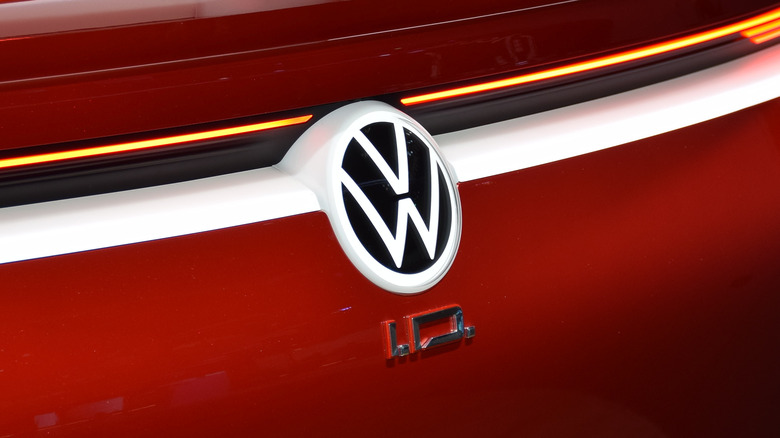Volkswagen's Solid-State EV Battery Shows Promise In Initial Tests
QuantumScape, an American company specializing in solid-state battery technology, has reported a noteworthy milestone in electric vehicle (EV) battery development. The firm, closely associated with Volkswagen, disclosed that its latest solid-state battery was able to complete over 1,000 charging cycles while retaining 95% of its initial capacity. QuantumScape claims this outcome exceeds typical industry benchmarks, where conventional batteries tend to experience a roughly 20% capacity loss after around 700 charging cycles.
Volkswagen, a significant investor in QuantumScape, corroborated these findings through its subsidiary, PowerCo, which is also building a massive battery-producing "gigafactory" in St. Thomas, Ontario, Canada. If translated to practical applications, QuantumScape's achievement could bring major improvements in EV battery longevity. For example, these batteries could result in electric cars achieving nearly 500,000 kilometers of mileage (310,000 miles) without owners having to worry about plummeting capacity, reduced range, and expensive battery replacements.
For those unaware, solid-state batteries differ from the more prevalent lithium-ion batteries by using a solid electrolyte rather than a liquid one. These batteries also claim to offer inherent advantages such as higher energy density and faster charging capabilities. They are also considered safer than lithium-ion batteries, which have been blamed for causing several fires.
The road ahead for EV battery technology
While QuantumScape's achievement is impressive, it's important to remember that this is still early-stage technology. There are still several challenges that need to be addressed before solid-state batteries can be mass-produced and widely adopted. One major hurdle is cost. Solid-state batteries are currently much more expensive to produce than lithium-ion batteries. Additionally, the manufacturing process is more complex, and there are concerns about the scalability of production.
It is also pertinent to note that the claims made by QuantumScape are yet to be independently verified by a third party. Currently, QuantumScape's claims have only been validated by PowerCo, which, as we mentioned earlier, is a Volkswagen group company. Additionally, laboratory tests aren't always indicative of real-world performance. This could mean that the impressive numbers shared by QuantumScape may not be achieved by vehicles when they perform in real-world conditions.
Despite these challenges, the potential rewards of solid-state batteries are too great to ignore. Automakers and battery manufacturers are investing heavily in this technology, and there is a growing sense of optimism that it will eventually become mainstream. In the meantime, the development of QuantumScape's battery serves as a major validation of the potential of solid-state technology, and it gives the EV industry a much-needed boost of confidence.

